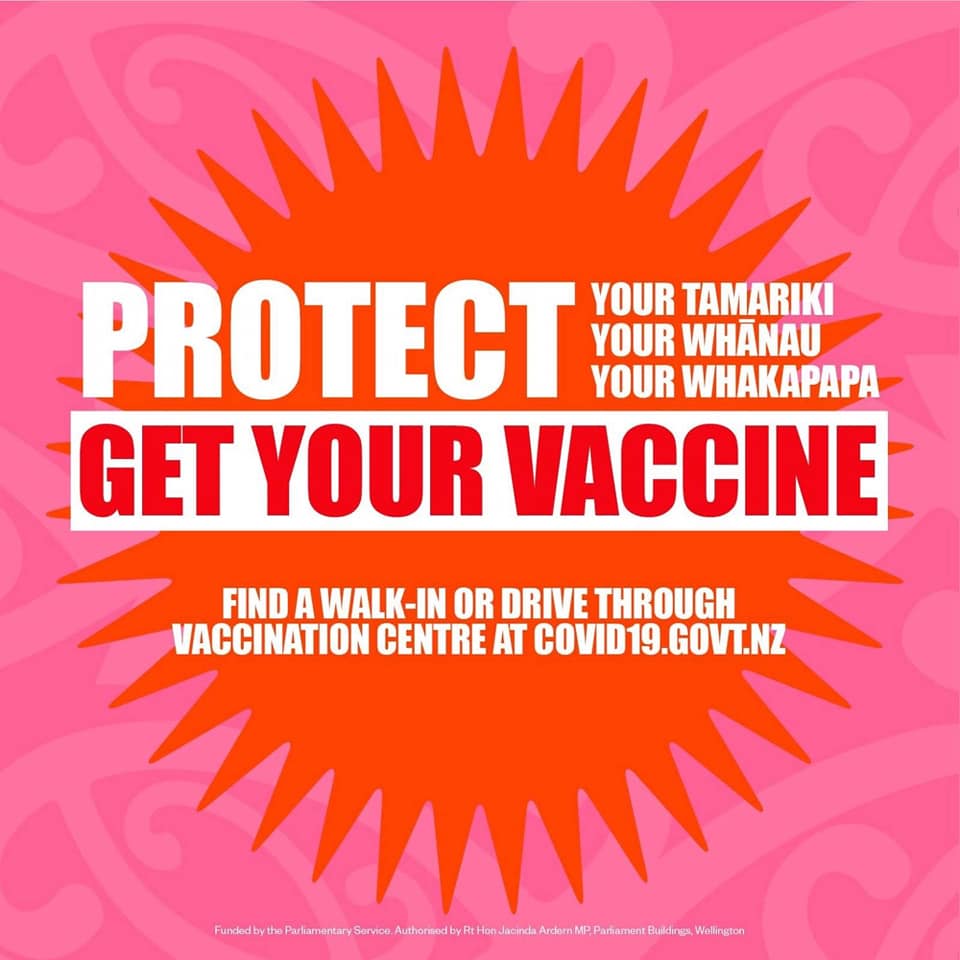Furthermore, talking about inclusiveness, I came across the challenges of being a neurodiverse person, what they find challenging, and how they are better than others by being neurodiverse.
It is interesting to know about neurodiversity, and it is also vital for people to know about differences that other people may go through. As a person who is always keen on respecting others, I couldn’t make up my mind to be without writing this as I thought this understanding should be there within our community.
Neurodiversity is some people with natural brain variations that work differently from those we call normal. Brain wired a bit differently. This can be conditions such as Dyslexia, autism and ADHD. Most of the time, these are not diseases that need treatment; instead, they need a management plan and support. For example, difficulty in reading and digesting information, misspelling words, not making eye contact, forgetfulness, lack of focus, difficulty with learning numbers, etc. The challenging part is it is hard to identify those conditions, so some may unknowingly inherit them.
Being an inclusive workplace/ community means a more diverse workforce and innovations. You may have met with people who talk without eye contact, who cannot explain what they want, and who cannot read fast, so all that can be due to neurodiversity that we have to respect without judgment.
You may play different roles when you meet people; you can be a parent, work colleague, a friend or a community member, so it is good if we know how to respect and support these differences anywhere. Especially in our culture and community, it is perceived as a massive failure to have a neurodiverse child or family member. Still, it wouldn’t be like that if people knew what it is and how to accommodate and support them in their journey. It is more about understanding and accommodating those special things that help them succeed.
If you’re unsure what I mean, I am sure this will be interesting to know:
Impact of hot desking: Think about the modern office. Nearly everywhere I’ve worked, most teams have hot desks. I didn’t realise it is a big issue to have a hot desk, but actually, it is a big deal for someone who is autistic as they will find it stressful to sit at a different desk every time. So, sometimes, without being mindful of neurodivergent colleagues’ needs, you may unknowingly add extra stress to their days.
Information Gathering: Some conditions may need flexible working, to work from home as some conditions need more focus and time to digest information, but once they do, they can be second to none. Some people won’t get what you are saying as they need some time to digest and think about it, so their brain works slowly to get information, but there could be other ways to get information fast, such as listening instead of reading things.
Team Meetings: Also, be mindful in the current working environment to make online meetings more inclusive, ensure long meetings include breaks, minimise the use of the chat function as this can be distracting, and don’t always expect people to use their cameras. These simple things can be huge to people who are neurodiverse.
There are different strategies to communicate to accommodate neurodiverse people, so it is essential to understand that we have people in other conditions who need support for some parts of their lives without making judgments about how someone behaves or how someone communicates and writes.
So, if you are an employer, you can accommodate them and help them to succeed and not prevent hiring them as they can be a great resource to your organization. You may think about how I can work or employ neurodiverse employees and how it will impact my organisation; you just have to accommodate simple things and support them, and then they will be a considerable strength to your organisation or your community.
Parents play a big part in this; in some communities, we think there is only one way of doing things, and all other ways are wrong. I feel so sorry about kids who have these conditions as they are not appropriately identified by anyone and get such pressure from schools and parents, thinking they are not doing things right; it is because, in my opinion, parents and teachers are not aware, and we don’t talk or respect about doing things slightly differently.
So please don’t judge your kids if they are not getting things right by reading something or picking up on spellings, it could be that they are good at listening to things and digesting information. Some people need to read aloud to digest information. So, it’s all about understanding their needs and accommodating them accordingly as it is not a disease. Also, they can be great resources and will be better at doing other things they love.
Some famous people are neurodiverse but achieved their lives in many different ways; we all loved Hans Christian Andersen’s fairy tales when we were kids. Do you know he is neurodiverse? That may be why we loved that flavour of his stories; we loved the fact that they differed from other stories.
I think this will help you to understand a bit of neurodiversity. So let’s not make any judgment on people just after seeing them or seeing mistakes; there could be something else that we don’t know. be kind and thoughtful.
We are all neurodiverse in some sense, so it is to think we are all different in some ways from each other rather than “you are different to me”.
By Tara Rathnayake – Wellington
********
Successful People with Neurodivergent Disabilities – University of Manchester
A publication of the University of Manchester gives a list of famous people who had different types of neurodiversity. Among them were, .
- Bill Gates
- Emma Watson (actress)
- Tim Burton (film maker)
- Albert Einstein
- Simone Biles (five Olympic gold medalist)
- Emily Dickenson (poet)
- Steve Jobs (Apple founder)
- Andy Warhol (visual artist)
- Cara Delevingne (model, actress, writer)










